For prior parts in this video series see: #2 and #1.
—
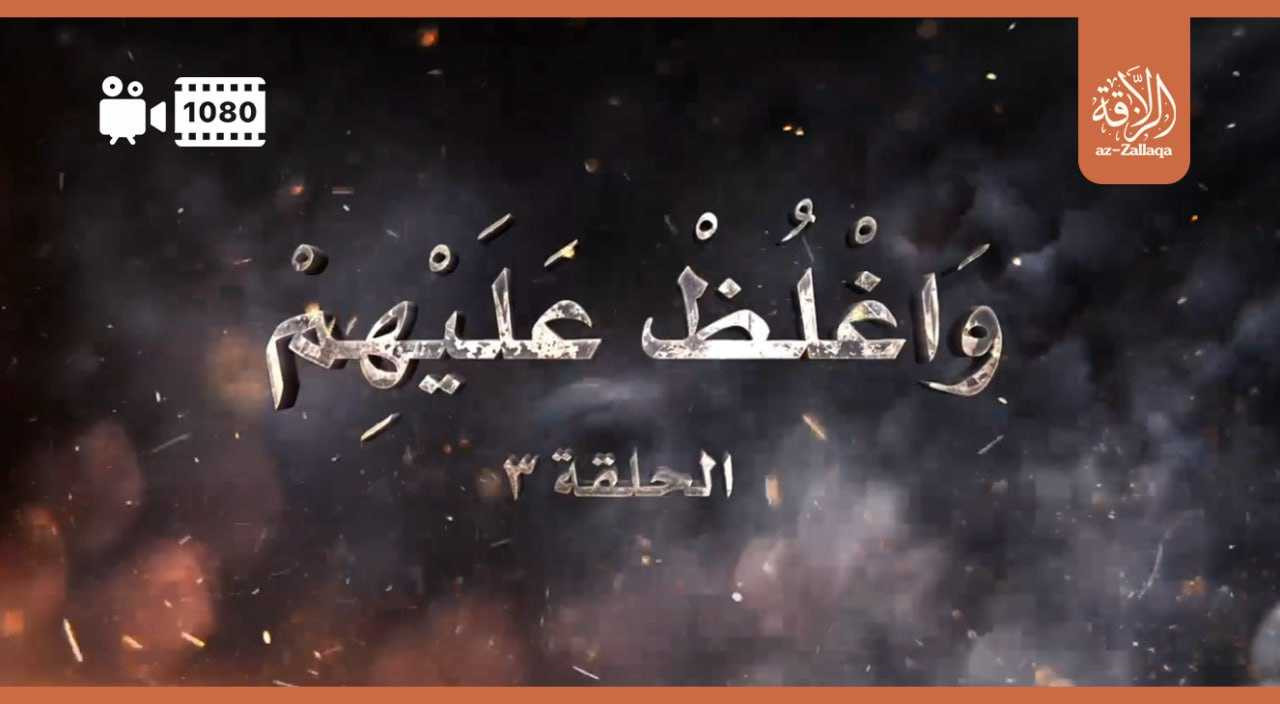
_________________
Source: Telegram
To inquire about a translation for this video message for a fee email: [email protected]
For prior parts in this video series see: #2 and #1.
—

_________________
Source: Telegram
To inquire about a translation for this video message for a fee email: [email protected]
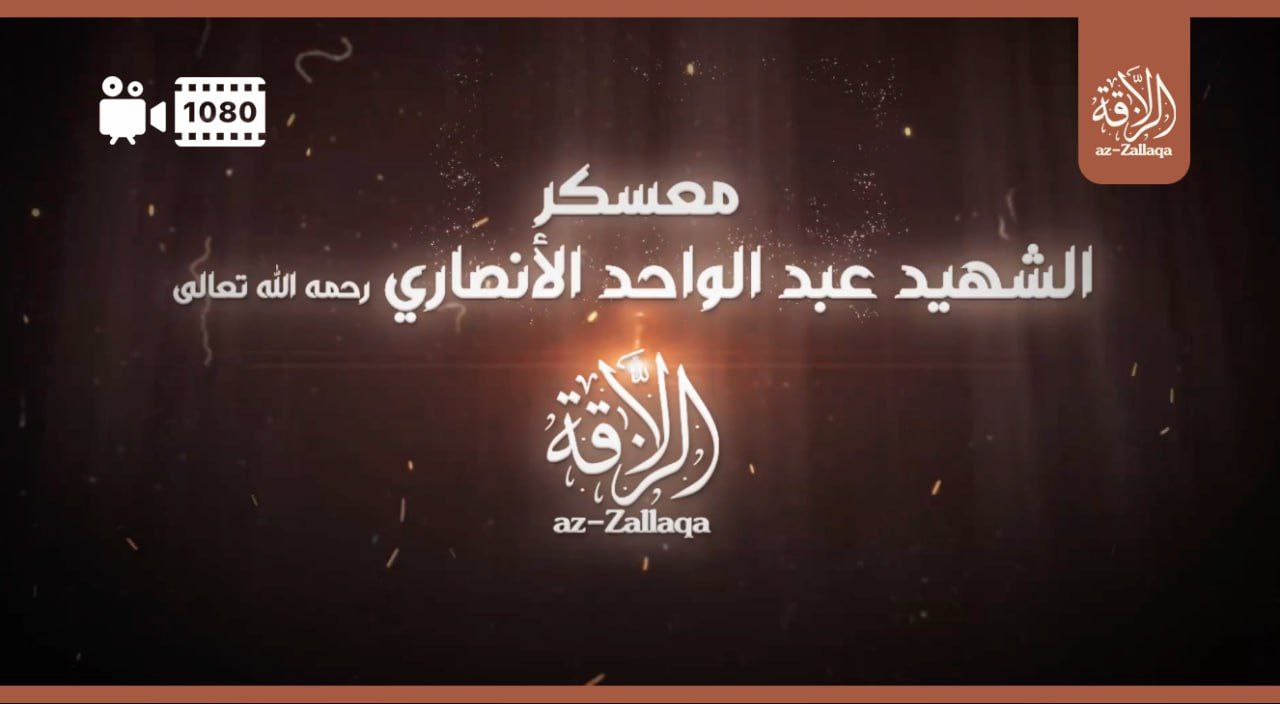
________________
Source: Telegram
To inquire about a translation for this video message for a fee email: [email protected]

Click the following link for a safe PDF copy: Ḥarakat al-Shabāb al-Mujāhidīn — Praise and Blessings To Our Mujāhid Brothers In the Islamic Maghrib
________________
Source: Telegram
To inquire about a translation for this statement for a fee email: [email protected]

Click the following link for a safe PDF copy: Jamā’at Nuṣrat al-Islām Wa-l-Muslimīn — On the Recent Airstrikes In Tinzaouaten
________________
Source: Telegram
To inquire about a translation for this statement for a fee email: [email protected]
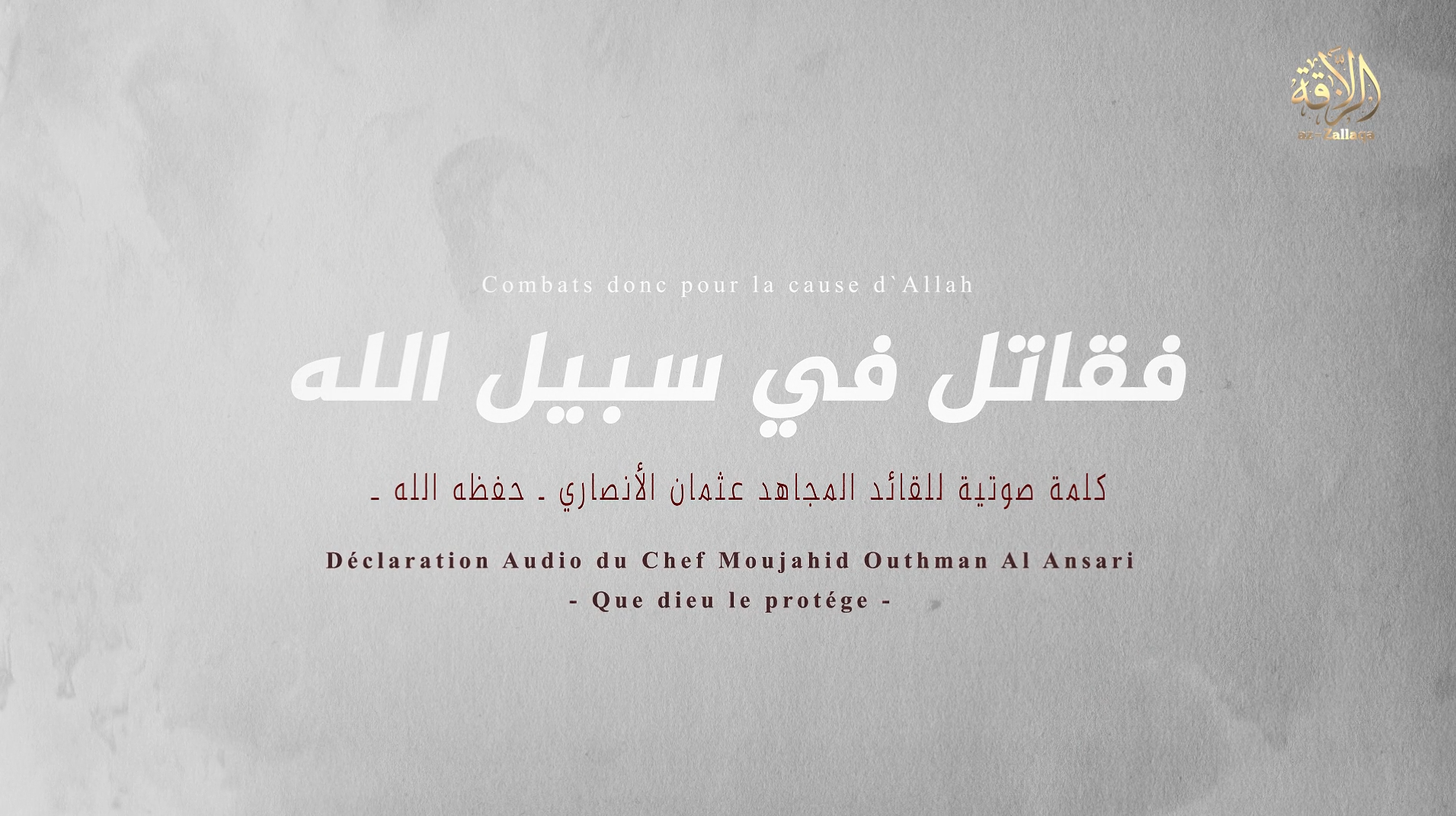
________________
Source: Telegram
To inquire about a translation for this video message for a fee email: [email protected]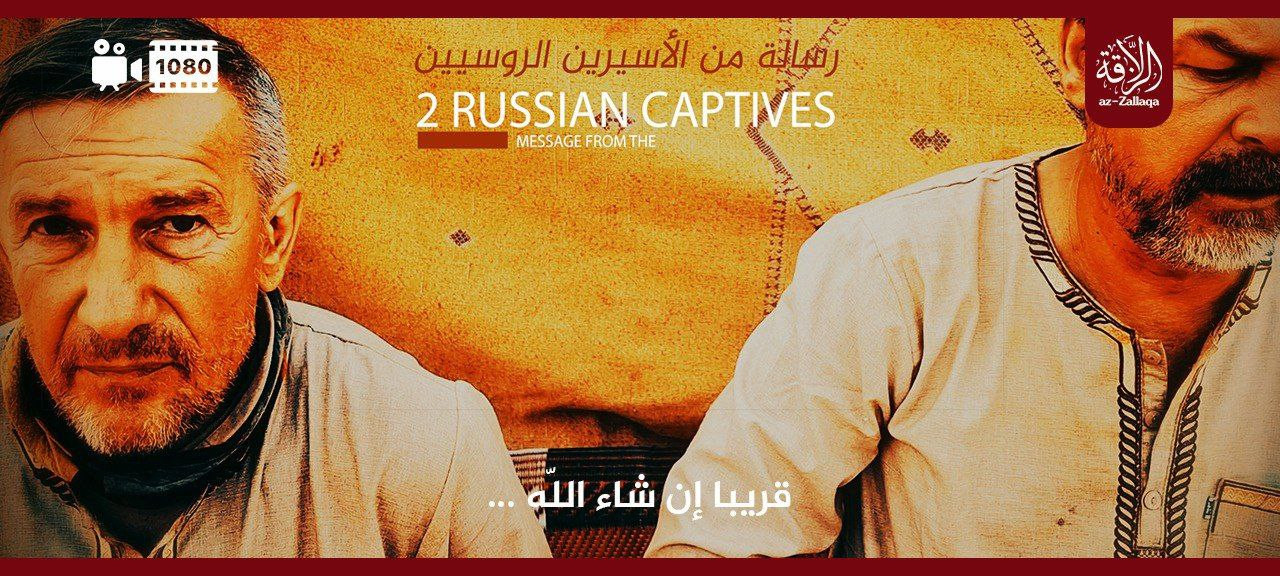
_________________
Source: RocketChat
To inquire about a translation for this video message for a fee email: [email protected]
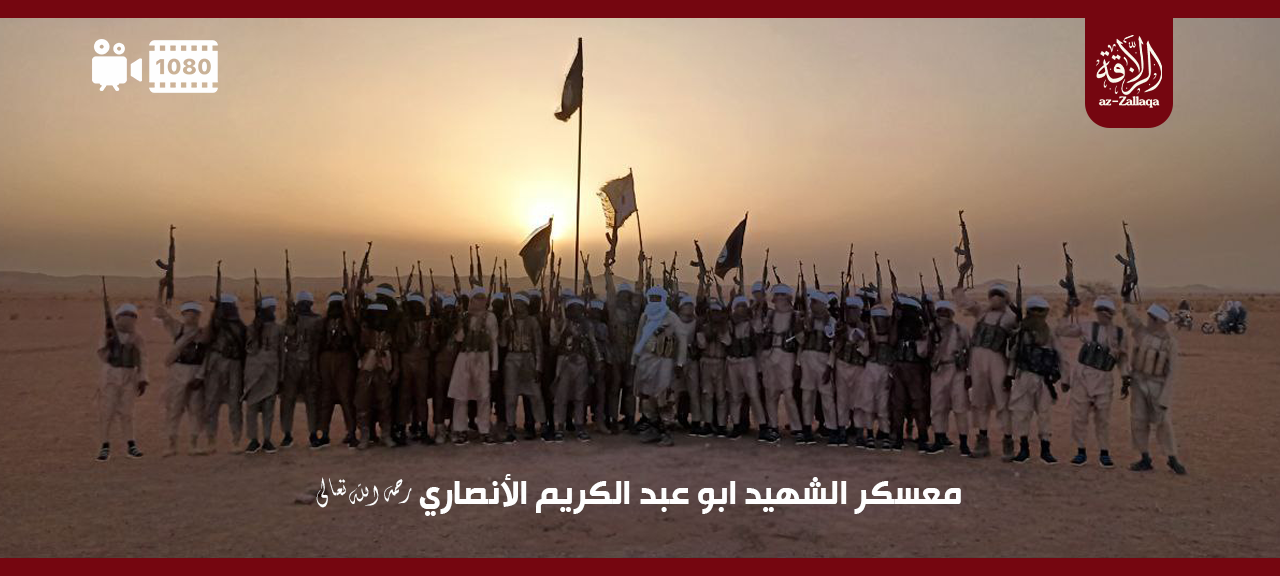
______________
Source: RocketChat
To inquire about a translation for this video message for a fee email: [email protected]

Click the following link for a safe PDF copy: Jamā’at Nuṣrat al-Islām Wa-l-Muslimīn — On What Was Said By the Official Spokesman For the Strategic Framework
_________________
Source: RocketChat
To inquire about a translation for this statement for a fee email: [email protected]

Click the following link for a safe PDF copy: Jamā’at Nuṣrat al-Islām Wa-l-Muslimīn — Response and Condemnation Regarding the Recent Airstrike In Tinzaouatin
_______________
Source: RocketChat
To inquire about a translation for this statement for a fee email: [email protected]

The Islamic State today looks different than it did five years ago and is far more integrated now as an organization amongst its global network than al-Qaeda ever was. It has been 10 years since the Islamic State announced itself as a caliphate and more than five years since it lost its last vestige of territory in Syria. However, with the Islamic State back in the news due to an increasing external operations capacity (with attacks in Iran, Turkey, and Russia this year as well as numerous broken up plots in Europe), there is a fundamental misunderstanding of how the group operates today. In many ways, it is either incorrectly viewed through the lens of how al-Qaeda operates (a decentralized branch network), since it had previously been a part of al-Qaeda’s global network, or based on how the Islamic State operated when it was at its prior zenith when it controlled territory in Iraq and Syria. It is also likely why some within the U.S. government may have misinterpreted signals intelligence by pushing the idea that the Islamic State leader targeted in Somalia at the end of May, Abd al Qadir Mumin, became the group’s caliph. These changes in the past five years are crucial for policymakers to understand because the way the threat presents itself today will look different from how policymakers dealt with the issue last decade when much of the focus was on the Islamic State’s territorial control in Iraq and Syria.
The most important body for understanding the Islamic State today is its General Directorate of Provinces, which has previously been based in Syria, but new information suggests that at least at the highest levels of it might now have centrality in Somalia. When one understands that structure, the Islamic State’s actions globally make more sense. It is also why we see far more interaction and connection between its various wilayat (provinces) today than in the past. In many ways, the key aspects that animate the Islamic State as an organization (governance, foreign fighter mobilization, and external operations) remain, they have just moved from primarily being based out of or controlled by its location of origin in Iraq and Syria to being spread across its global provincial network. Its aims remain the same, even if the organization has adapted to a changed environment. It is also why the challenge from the Islamic State today is different from the past and why it is in some ways also more resilient now to pressure than before.
This makes the challenge of the Islamic State more difficult from a security perspective than in the past when there was the ability to primarily zero-in on its efforts in Iraq and Syria. Today, only focusing on Iraq and Syria or any other province independent of understanding its connections to other parts of the group’s global network will lead to missing crucial details due to expediency. This is why, although it is understandable that the United States has shifted a lot of its manpower and budgeting to more existential and larger problem-sets such as China and Russia, it would be a mistake to neglect the Islamic State as a continuing, but evolving security challenge. Therefore, it is still useful to continue to have and add more funded government positions across different agencies and departments to focus on tracking this threat to better get ahead of the next surprise. Otherwise, mistakes of misinterpretation will be made as in the past.
Click here to read the rest.